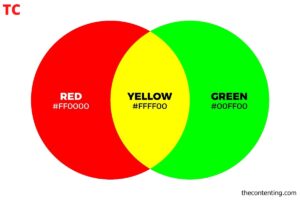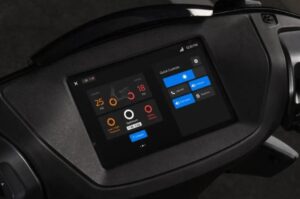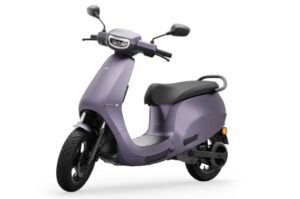
In the last few years, 800+ new-age brands have gone D2C (Direct-to-Consumer) by eliminating the involvement of middlemen. The retail market in India is expected to surpass $1.7 trillion by 2025. With the rising demand for online shopping and the rapidly evolving consumer trends, there has been a rapid emergence of D2C brands in India.
What are D2C Brands?
- D2C refers to Direct-to-Consumer.
- The term ‘D2C brands’ means brands that sell their products or services directly to consumers.
- D2C brands are businesses that develop and manufacture products/services and distribute them directly to customers.
- In the case of D2C brands, there is no involvement of any third party like a distributor or agent.
- Goods and services are directly available to the consumer in the sale process.
How Does the D2C Business Model Work?
- The D2C business model works on the principle of selling a product or service directly to the consumer by eliminating the involvement of any middlemen.
- Unlike the traditional supply chain, there is no wholesale supplier or retailer involved in the D2C business model.
- Instead of using distributors, wholesalers, or retailers, brands directly reach customers.
- Top D2C brands in India sell home goods, consumer packaged goods, furniture, lenses, eyeglasses, clothing, and many other products directly to consumers.
- For selling products or services, D2C brands in India may use eCommerce platforms, online digital marketplaces, and subscription-based services as well.
- In addition to using digital platforms for selling their products to consumers, D2C brands in India may also set up their own brick-and-mortar stores.
Advantages of D2C Business
There are several advantages of doing D2C business. These include:
No involvement of middlemen
- Eliminating the involvement of middlemen like retailers, wholesalers, and distributors means D2C brands in India can directly approach customers.
- D2C allows brands to sell their products or services at the same price or even a lower price than retailers, thus adding to their profitability.
Access to customer data
- D2C businesses can get access to valuable customer data – social media profiles, email addresses, locations, preferences, buying behaviours, etc.
- All this valuable data helps brands improve their products and come up with new products and services as well.
Build Better Relationships with Customers
- Acquiring a new customer may be difficult. But, retaining a customer is even tougher.
- The D2C business model allows brands to build better relationships with customers since they are directly involved in selling the products or services to them.
- When selling through intermediaries, it is difficult for brands to build a strong relationship with customers.
Cost Savings
- When a brand is directly reaching the customer with its products or services, the involvement of any third party is eliminated.
- This helps brands to reduce costs as well.
Challenges in D2C Business
There are several challenges and limitations that D2C brands in India face. These include:
- Need for an omnichannel approach, including a physical presence to acquire and retain more customers and ensure fewer product returns.
- High cost of marketing campaigns to spread the word about the brand and products.
- Full control and accountability for everything – supply chain, managing an online store, customer acquisition, customer retention, packaging, storage, logistics, and more.
- Just like in other business models, the competition in the D2C business is increasing rapidly, making things difficult for D2C brands in India.
- Personalizing the customer’s experience across various channels is not easy. At the same time, the demands and expectations of customers are soaring high.
- Logistics and shipping of products to reach the customers on time is a major challenge as well that D2C brands in India encounter.
Direct To Consumer Brands in India
The number of D2C brands in India has grown rapidly in the past few years. Here is a list of the top D2C brands in India.
- Bombay Shaving Company (Men’s grooming)
- Mamaearth (Skin care and personal care)
- The Moms Co. (Personal care products)
- Plum (Beauty products)
- Loom Solar (Manufacturer of solar panels and lithium batteries)
- Wakefit (Home and furniture solutions)
- Wow (Skincare pharmaceutical)
- Sugar (Beauty and cosmetics)
- BoAt (Electronic devices)
- Noise (Smartwatch and other accessories)
- Licious (meat and seafood)
- Sleepy Owl (Cold brew coffee brand)
- Country Delight (Fresh and pure milk)
- Pepperfry (Furniture)
- Healthkart (Fitness products)
- Lenskart (Eyewear)
- Melorra (Jewelry)
- Flatheads (Footwear)
- Bewakoof (Clothing)
- Candes (Home appliances)
- MyGlamm (Beauty products for women)
- Zissto Sauces (Authentic sauces)
- Everpret (Designer bags)
- Super Smelly (Zero toxin personal care products)
As the number of D2C brands is increasing, opportunities are also increasing to serve these customers. Knowing trending consumer brands can help you not only in increasing knowledge but also in making major business decisions.
Read Next Blog:
Healthy Sustainable Cat Food: Everything You Need to Know







